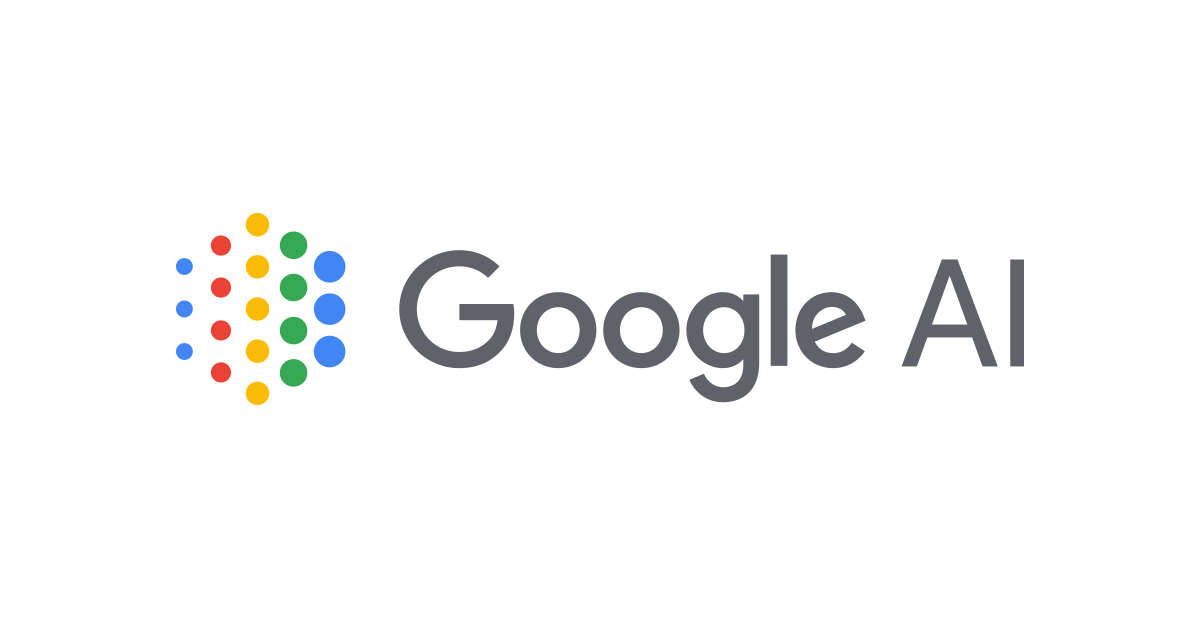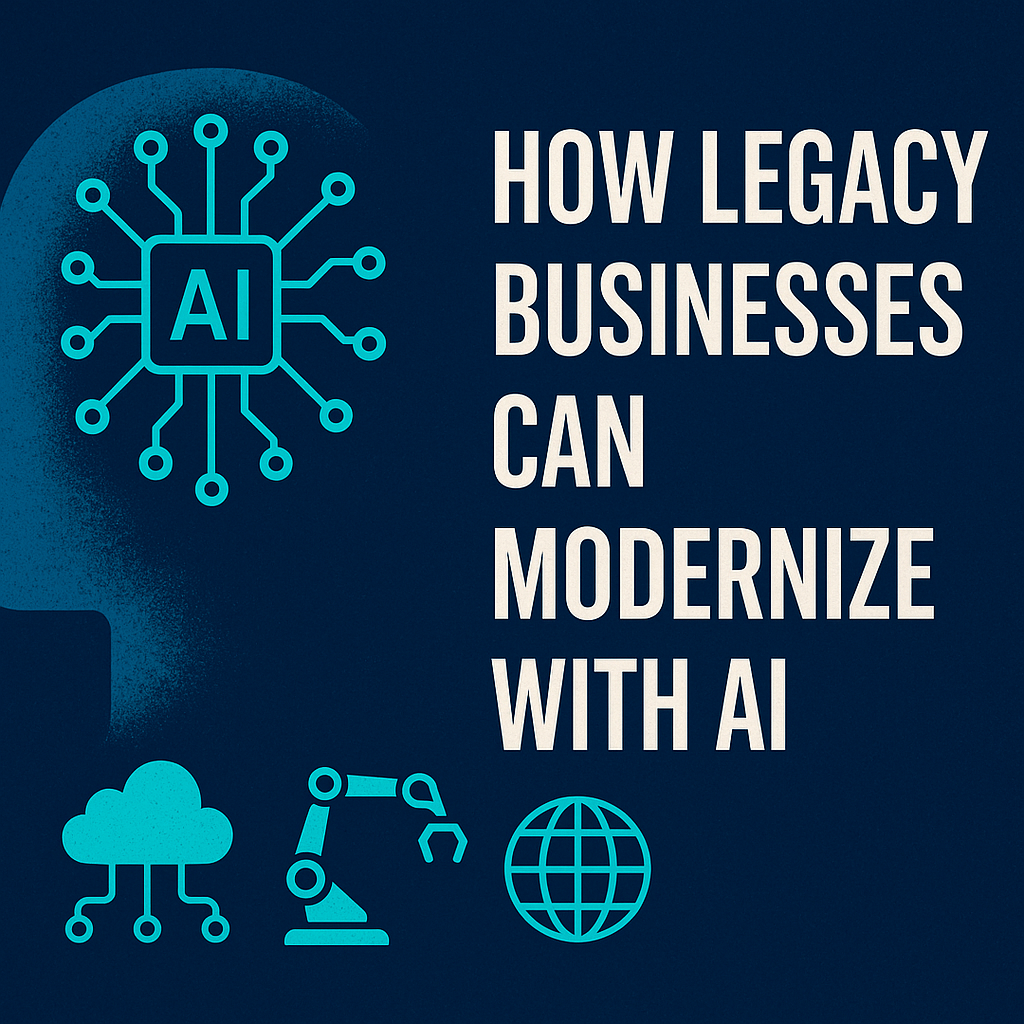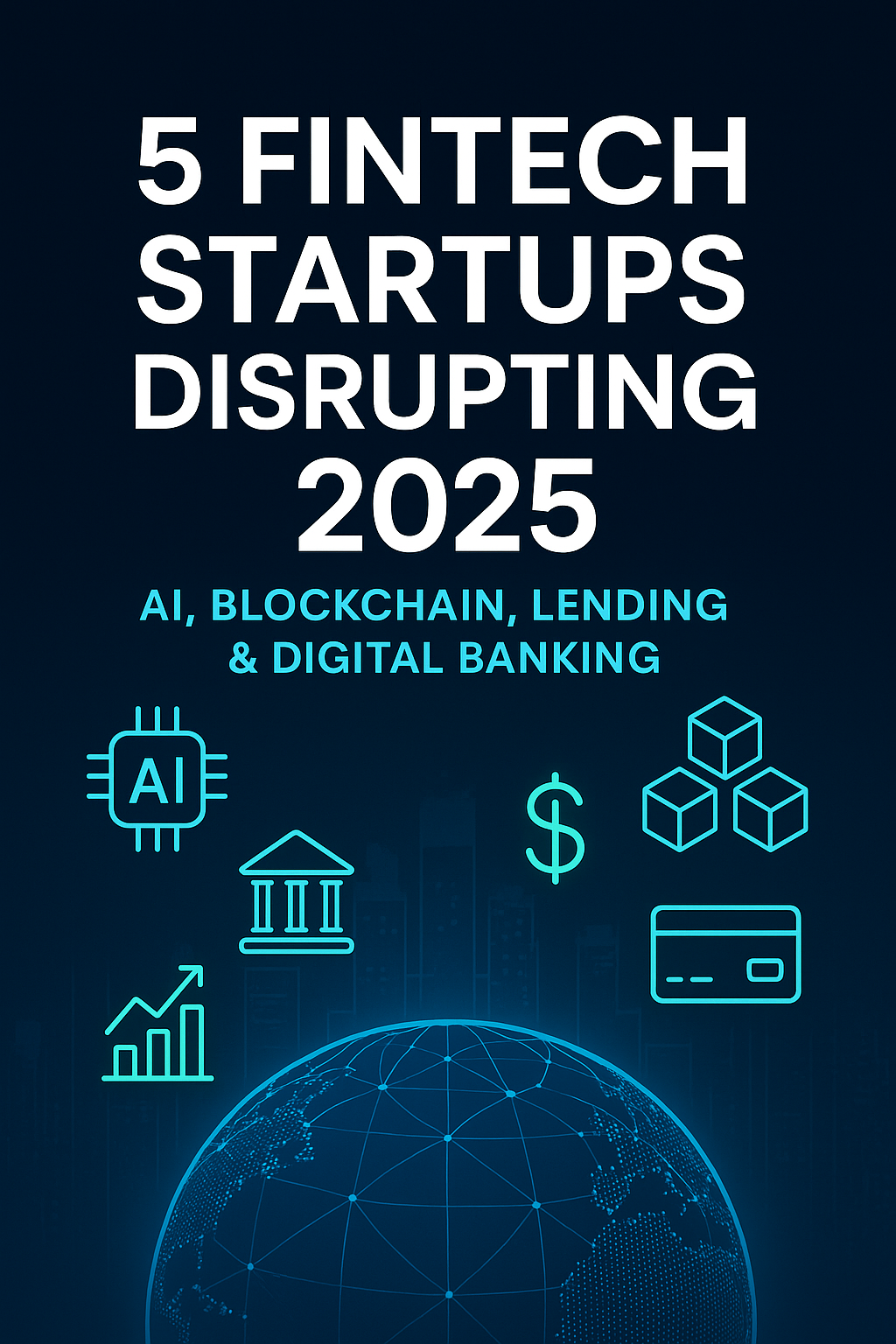Over the past year, the tech world has buzzed with speculation about the future of search engines, driven by a pressing question: Will AI chatbots replace Google’s AI Search? Google, the behemoth of the search world, has given us a glimpse into this future. In a recent announcement, Google introduced AI Overviews, signaling a shift where AI-generated answers could become the new norm at the top of search results. This step represents a profound change in how we interact with the internet—a transformation from sifting through links to receiving direct answers.
The Gravity of Google’s Search Evolution
Google’s search engine is more than just a tool; it’s the primary gateway through which millions navigate the internet daily. Thus, any significant change to this platform reverberates across the digital landscape. The introduction of AI Overviews has been heralded as a pivotal moment, potentially reshaping Google’s role as a distributor and monetizer of web attention. However, after nearly a year of testing, this AI-driven search has seemed less revolutionary and more like another experimental feature in Google’s increasingly cluttered interface.
The Mixed Results of AI Overviews
Critics argue that AI-generated answers are not always reliable, often containing glaring inaccuracies. Despite these issues, Google believes the system will improve over time. Whether users will prioritize accuracy or convenience remains to be seen. The broader concern is whether this shift signals a fundamental change in the web economy and what it means for publishers and platforms that rely on traditional search traffic.
Google’s AI Search Ambitions Beyond Search
Google’s AI aspirations extend well beyond refining search. At its recent Google I/O developer summit, the company unveiled a suite of AI-driven products aimed at enhancing user experience across various digital interactions. These include:
- Image, Audio, and Video Generation Tools: Expanding the creative capabilities of users.
- Enhanced Voice Assistants: Capable of answering questions based on what’s visible on a device’s camera or screen.
- Smarter Personal Assistants: Designed to manage documents, meetings, and inbox contents.
- Real-time Scam Detection: Scanning phone calls to identify fraudulent language.
These tools, though at different stages of development, showcase Google’s commitment to embedding AI deeply into everyday digital life. This push is as much about staying ahead of competitors like OpenAI as it is about redefining user interaction with technology.
The Privacy Trade-Off
A critical aspect of Google’s AI evolution is the implicit trade-off it demands: more convenience and functionality in exchange for greater access to personal data. This isn’t a new strategy for Google. Historically, the company has pushed the boundaries of user privacy, as seen with the introduction of contextual ads in Gmail back in 2004. Despite initial backlash, users gradually accepted this intrusion for the perceived benefits.
Today, Google’s data collection practices are more pervasive, embedded in our smartphones, apps, and digital interactions. The new AI tools continue this trend, potentially requiring even deeper access to personal data. For instance, AI assistants work best when they have comprehensive visibility into user documents and activities.
The Illusion of Choice in Google’s AI Search
The rollout of AI features presents a familiar scenario: users must weigh the benefits of advanced digital assistance against the privacy they relinquish. While Google emphasizes privacy safeguards, such as on-device AI for call screening, the overall trajectory points towards more extensive data usage. This shift underscores an industry-wide assumption that users will trade privacy for convenience—a bet that has historically paid off for tech giants.
The AI Disruption: A Skeptical View
Despite the hype, the idea that AI will disrupt the dominance of internet giants like Google’s AI Search warrants skepticism. These companies have thrived on the collection and monetization of user data. The development of large-language models and AI assistants, which require vast amounts of data, aligns seamlessly with this business model. Rather than a disruptive force, AI represents a continuation and amplification of existing trends.
In essence, Google’s AI-driven future promises to make digital life easier, but at the cost of deeper integration into our personal data. As Google positions itself to offer help with virtually everything, the question remains: how much are we willing to give up for this convenience? The answer, it seems, is everything.





